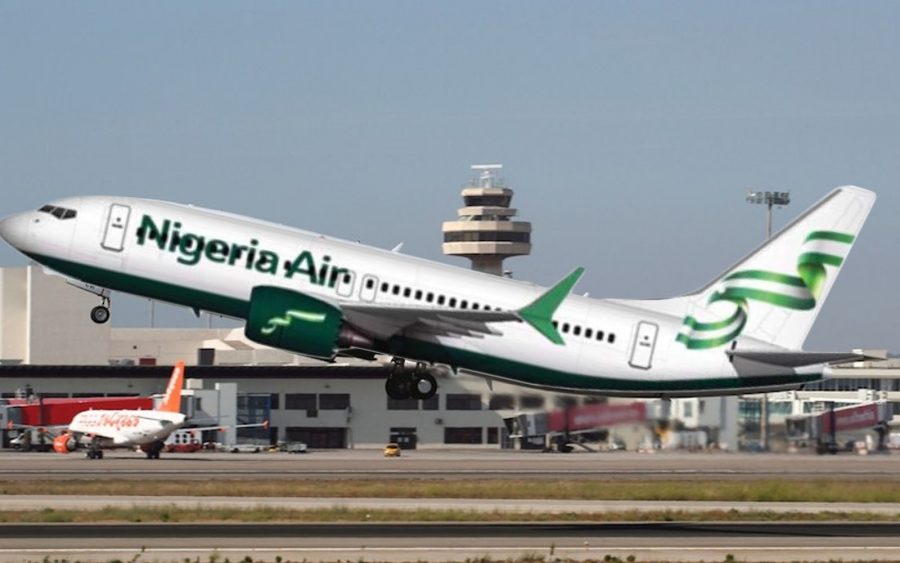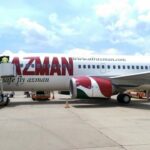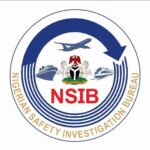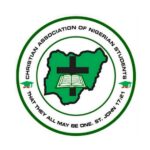A new national carrier was billed to be a legacy project for President Muhammadu Buhari, as in London on February 21, 2015, the then presidential candidate of All Progressives Congress (APC) declared: “We intend for instance, to bring back our national carrier, the Nigerian Airways. We shall do this by bringing all the aircraft in the presidential fleet into the Nigerian Airways and within a year increase the fleet into about 20.”
But the establishment of the new national carrier has been bedevilled with delays, shifting of timelines and pure policy somersault. After assuming office in 2015, the president set up a committee headed by the rector of Nigerian College of Aviation Technology (NCAT), Zaria, Mr Mohammed Abdulsalam, to establish a national carrier.
- Kaduna NULGE slams assembly for rejecting LG autonomy
- FG seeks private sector’s partnership to lift 100m Nigerians out of poverty
And six months as minister of transportation, Mr Rotimi Amaechi and minister of state for aviation, Captain Hadi Sirika, affirmed that the president was bent on delivering a wholly government-owned national carrier. Few months later, they changed position, switching to private-public ownership.
Two years later, they changed focus again, hinting that the government was looking for investors that would fund the national carrier.
Then, on July 18, 2018, with fanfare, Nigeria Air was unveiled as the national carrier at the London Farnborough Air Show. The unveiling was after the transaction advisers completed the Outline Business Case (OBC) Report and the Infrastructure Concession Regulatory Commission reviewing and issuing OBC Certificate of Compliance.
With a scheduled take-off date of December 2018 and a logo encompassing the flowing green white and green ribbon, Sirika, now Minister of Aviation, said he was already in talks with aircraft leasing and manufacturing companies.
Yet, on September 19, 2018, Sirika, after a Federal Executive Council (FEC) meeting, announced the immediate and indefinite suspension of the widely publicised national carrier. Later in May 2019, Sirika announced the approval of N47 billion for take-off of Nigeria Air. The minister added that President Buhari had directed that the Viability Gap Funding (VGF) of $155 million for the project should be provided for in the 2019 Appropriation; which the National Assembly did.
On May 19, 2021, Sirika announced that, “This airline will pick up and start, by God’s grace, in or before April 2022.” He explained that it would be run by a company in which the Nigerian government will hold a 5% stake, Nigerian entrepreneurs holding 46%, while the remaining 49% will be reserved for yet-to-be assigned strategic equity partners, including foreign investors.
In addition, the envisaged national carrier obtained Air Transport Licence (ATL) which is to run for a period of five years (June 3rd, 2022 to June 2nd, 2027). The ATL is a forerunner to the Air Operator Certificate (AOC) which will fully guarantee ‘Nigeria Air’ the right to begin air services.
Now, the minister has shifted the date for kicking off the national carrier to October 2022.
This is not Nigeria’s first journey to owning a national carrier. The first began in 1958, with the establishment of defunct Nigeria Airways Ltd. The company was founded by the federal government after the dissolution of West African Airways Corporation (WAAC).
It retained the name, WAAC Nigeria, until 1971, when it was rebranded Nigeria Airways. Nigeria owned 51 per cent of shares in the company up to 1961, when it boosted its participation to 100 per cent and made it the national carrier. Then, plagued by mismanagement, corruption and overstaffing, Nigeria Airways was liquidated in 2003 under former President Olusegun Obasanjo.
Attempts were made to have a new national carrier in 2000, when British billionaire, Richard Branson, set up a domestic and international carrier, Virgin Nigeria. But he pulled out in 2010 in frustration at what he labelled interference by politicians and regulators.
The airline he created, which was later rebranded to Air Nigeria, closed in 2012, after collapsing with about N35 billion debt.
For over seven years, Sirika has been making promises and failing on same. Now Nigerians, exacerbated by the recurring sloppiness, have sarcastically tagged the existence of the Nigeria Air project only on the minister’s ‘Twitter Space.’
The development has led to deficiency of integrity as Nigeria Air now looks like a white elephant project. Indeed, the credibility deficit in the execution of this project has become a national embarrassment. Its unending flip-flop history has become worrisome.
Therefore, there is need for an immediate probe of the project, to know where Nigeria stands and if the country has been shortchanged so far, such funds must be recovered. The propriety of every expenditure should be affirmed.
In fact, it appears as if the Ministry of Aviation and the minister of aviation have been taking Nigerians for a long ride. It is offensive to the expectations of the citizens to be fixing timelines and breaking them at will. This must stop. The October timeline must not be shifted again and the whole transactions should be made transparent. At this point, when international carriers are treating Nigerians with levity, Nigeria Air could have filled the void and given citizens and the country a lease of respect. Considering that this was part of promises made by the president even before he assumed office, this should not be happening. We, therefore, urge him to step in and ensure delivery.

 Join Daily Trust WhatsApp Community For Quick Access To News and Happenings Around You.
Join Daily Trust WhatsApp Community For Quick Access To News and Happenings Around You.


